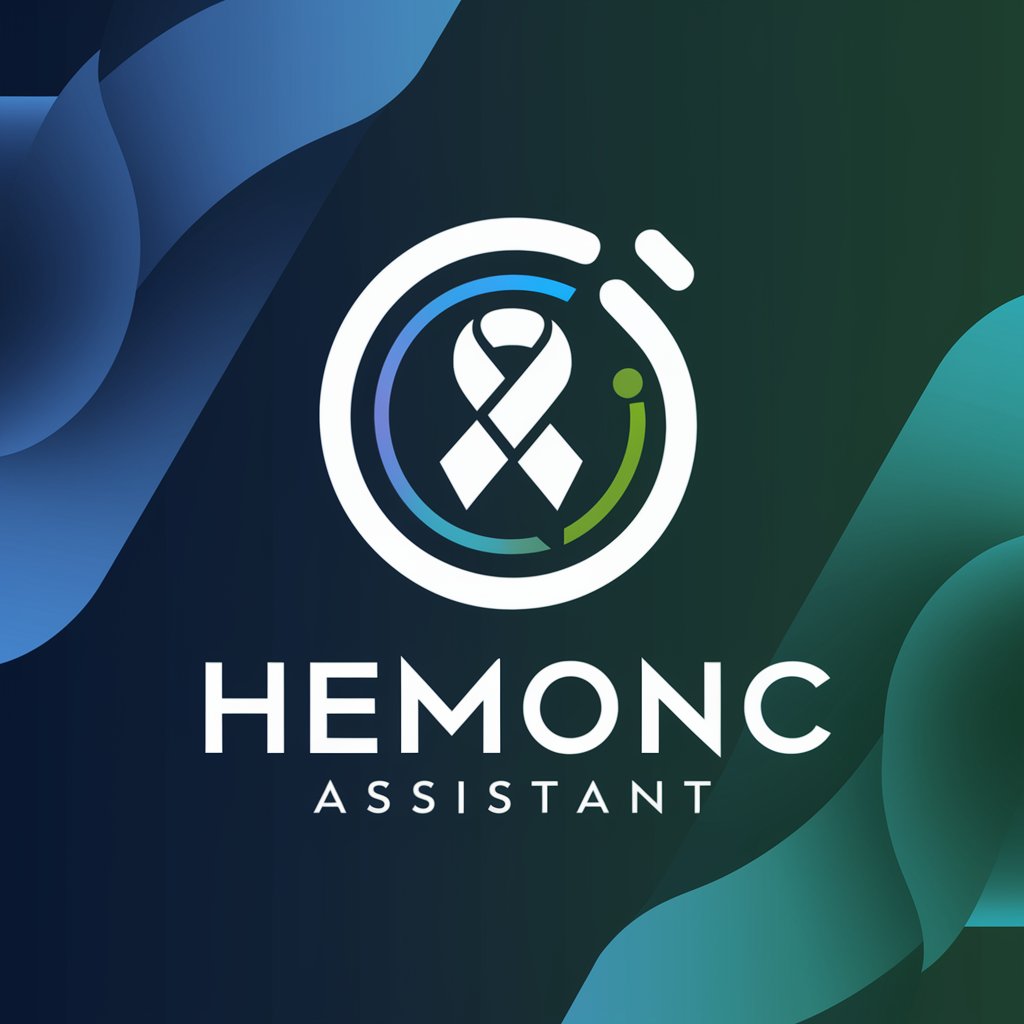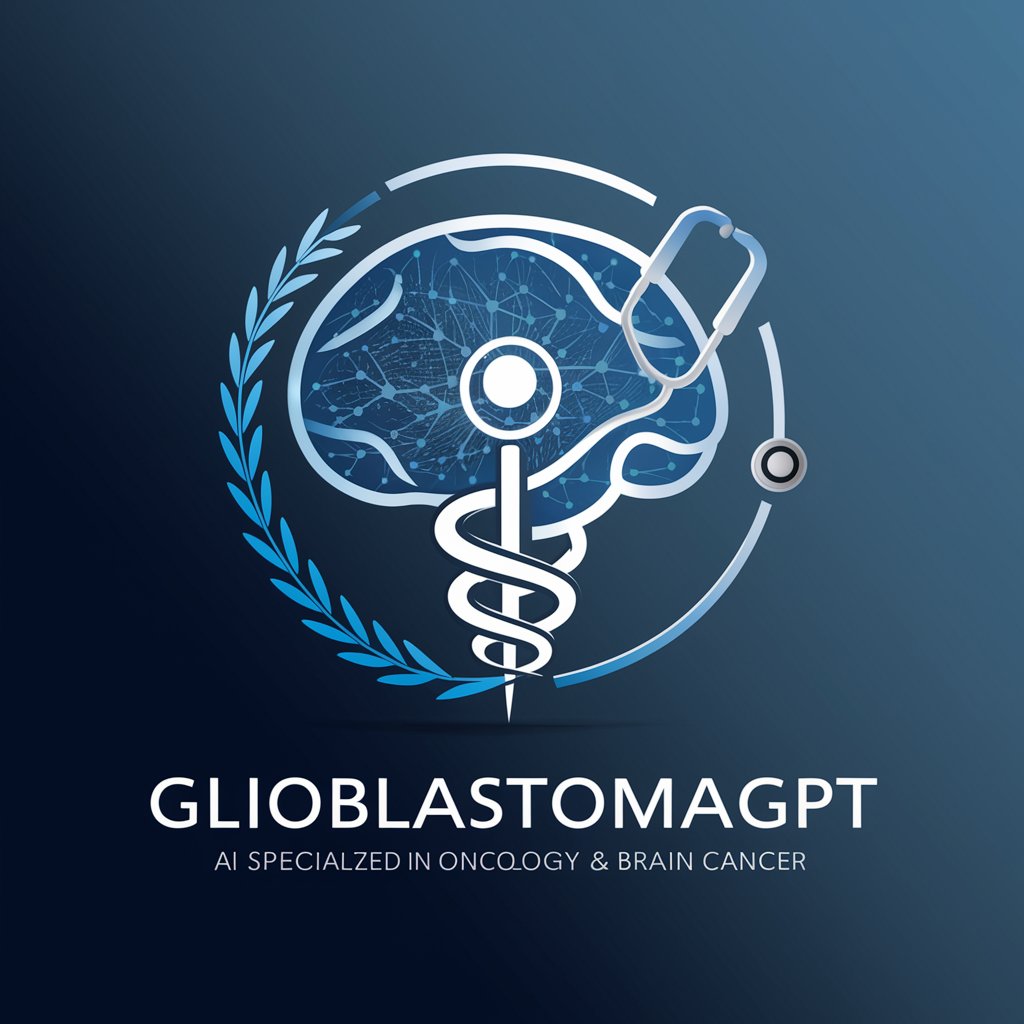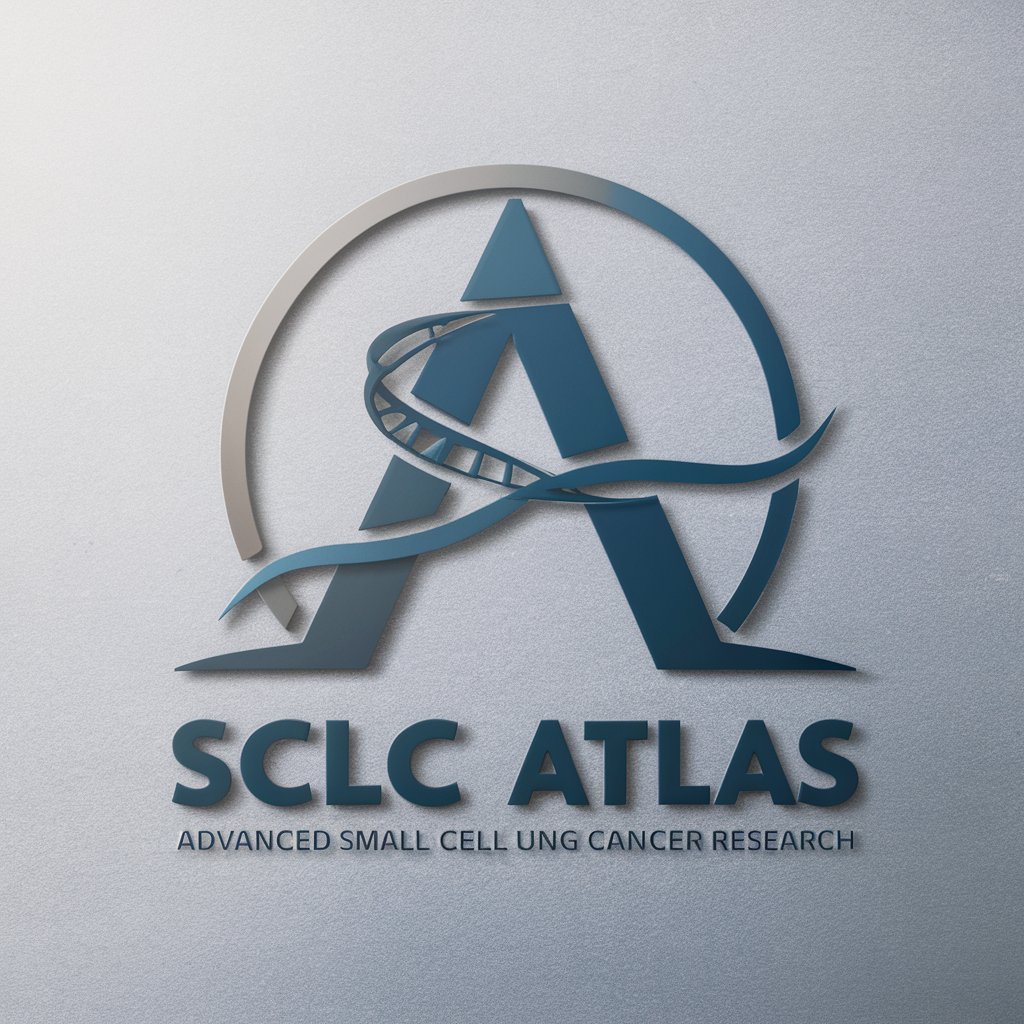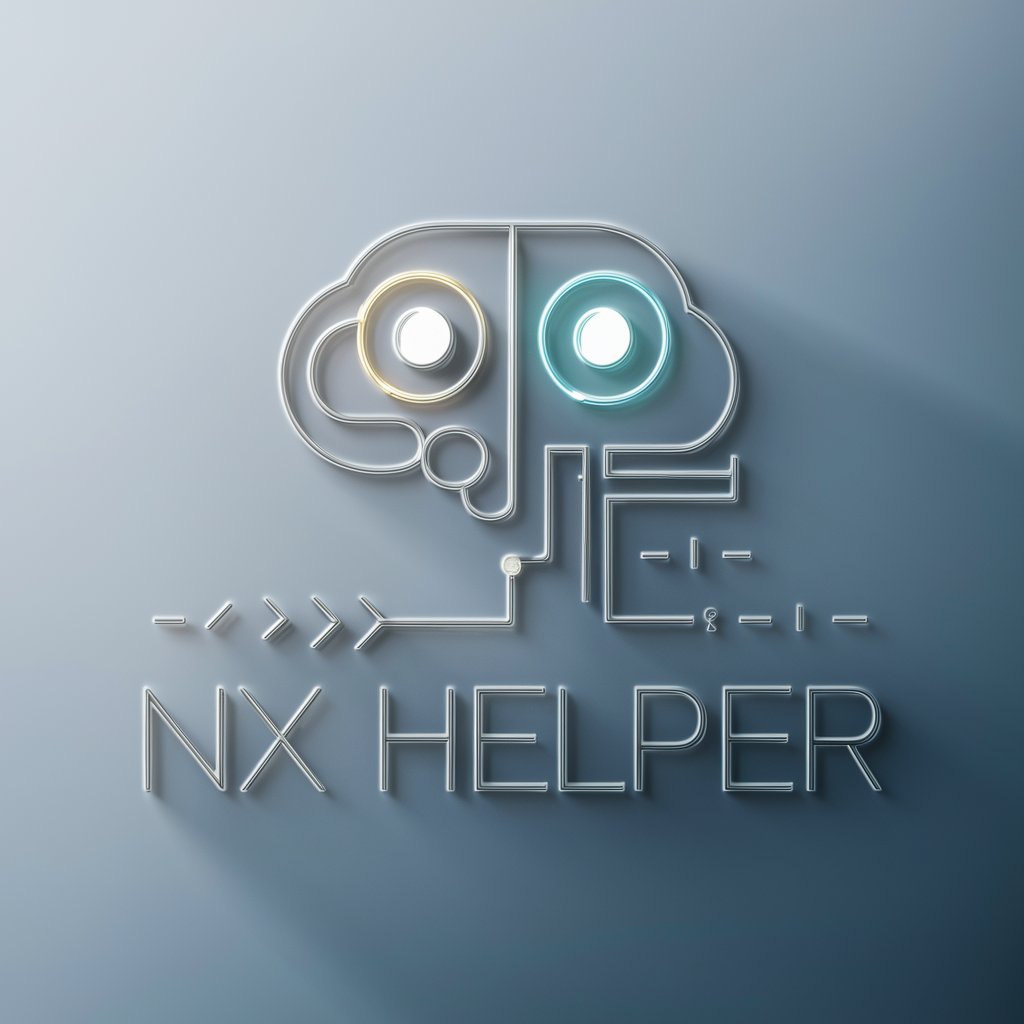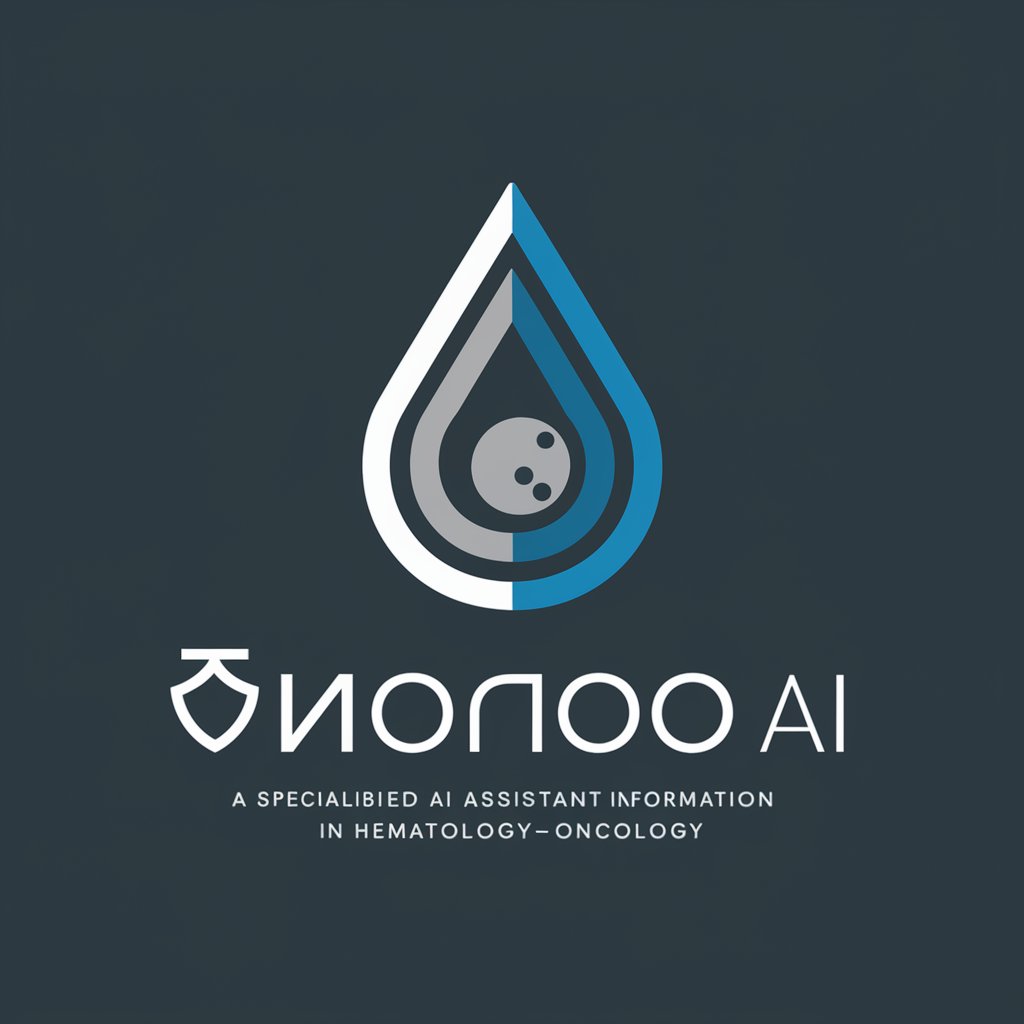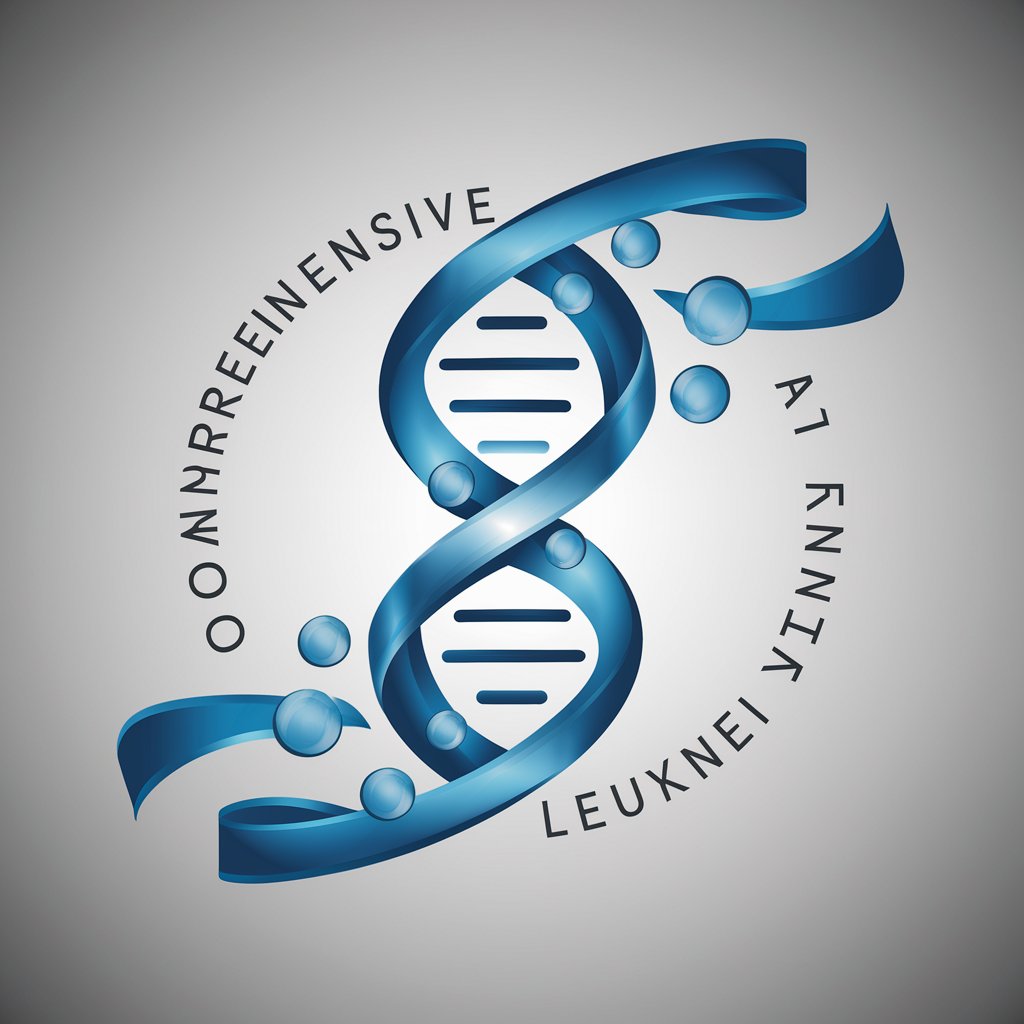
Non-Hodgkin Lymphoma - Non-Hodgkin Lymphoma Insights
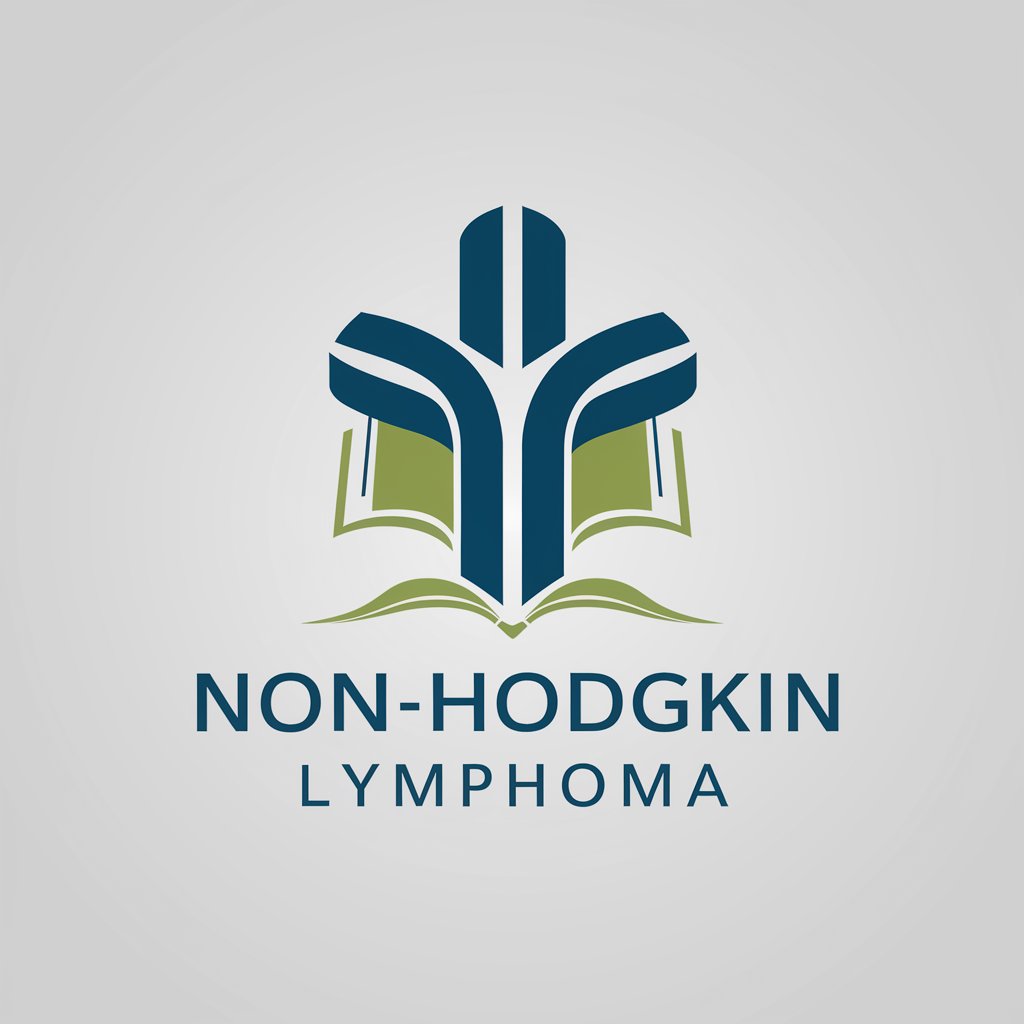
Welcome! How can I assist you with information on non-Hodgkin lymphoma today?
Empowering knowledge on lymphoma with AI
What are the common symptoms of non-Hodgkin lymphoma?
Can you explain the different types of non-Hodgkin lymphoma?
What are the treatment options available for non-Hodgkin lymphoma?
How is non-Hodgkin lymphoma diagnosed?
Get Embed Code
Overview of Non-Hodgkin Lymphoma GPT
Non-Hodgkin Lymphoma (NHL) GPT is a specialized AI designed to provide comprehensive information on non-Hodgkin lymphoma, a diverse group of blood cancers that affect the lymphatic system. This AI tool is built to deliver in-depth knowledge ranging from the disease's pathology, types, and symptoms, to its treatment options and patient support mechanisms. Through its medical and informative tone, the NHL GPT aims to educate users, aiding in the dissemination of accurate and useful information about this complex disease. For example, it can detail the differences between B-cell lymphomas and T-cell lymphomas, the significance of staging in treatment planning, or the latest research findings on immunotherapy for NHL patients. Powered by ChatGPT-4o。

Core Functions of Non-Hodgkin Lymphoma GPT
Educational Information on NHL Types
Example
Detailed descriptions of various NHL subtypes, such as Follicular Lymphoma and Diffuse Large B-Cell Lymphoma, including their characteristics, prevalence, and prognosis.
Scenario
A medical student uses this function to study the pathological differences between NHL subtypes for their oncology exam.
Guidance on Symptoms and Diagnosis
Example
Comprehensive overview of common and rare symptoms associated with NHL, diagnostic procedures, and the importance of biopsy and imaging tests.
Scenario
A newly diagnosed patient seeks to understand the symptoms they experienced and the diagnostic path leading to their NHL diagnosis.
Overview of Treatment Options
Example
Explanation of various treatment methodologies including chemotherapy, radiation therapy, stem cell transplantation, and emerging treatments like CAR T-cell therapy.
Scenario
A patient's family member researches treatment options to better support their loved one's decision-making process.
Patient Support Resources
Example
Information on support groups, financial assistance programs, and mental health services available to NHL patients and their families.
Scenario
A social worker looks for resources to assist a patient struggling with the emotional and financial burden of their NHL treatment.
Ideal Users of Non-Hodgkin Lymphoma GPT Services
Medical Professionals
Doctors, nurses, and other healthcare providers can utilize this GPT to stay updated on NHL treatments, research advancements, and to aid in patient education.
Patients and Caregivers
Individuals affected by NHL, either directly or as a caregiver, will find the tool invaluable for understanding their disease, treatment options, and for accessing support resources.
Medical Students
Students pursuing a career in healthcare can use this GPT to supplement their studies with detailed information on NHL, enhancing their learning and preparation for clinical practice.
Research Scientists
Scientists focusing on lymphoma research can access up-to-date information on NHL, facilitating their research endeavors and fostering collaborations.

Using Non-Hodgkin Lymphoma GPT
Initiate Trial
Begin by visiting yeschat.ai to start your free trial without the need for login or subscribing to ChatGPT Plus.
Identify Needs
Determine your specific informational needs regarding non-Hodgkin lymphoma, such as understanding symptoms, treatment options, or research insights.
Ask Questions
Pose your questions in a clear and specific manner to obtain detailed and comprehensive answers about non-Hodgkin lymphoma.
Utilize Information
Apply the information provided to enhance your knowledge, research, or support system for those affected by non-Hodgkin lymphoma.
Seek Professional Advice
Consult healthcare professionals for personal medical advice, using the information gathered as a supplementary resource.
Try other advanced and practical GPTs
Sermon Creator
Craft Compelling Sermons with AI

Micro Macro: Less Questions More Answers
Empowering In-depth Knowledge Discovery
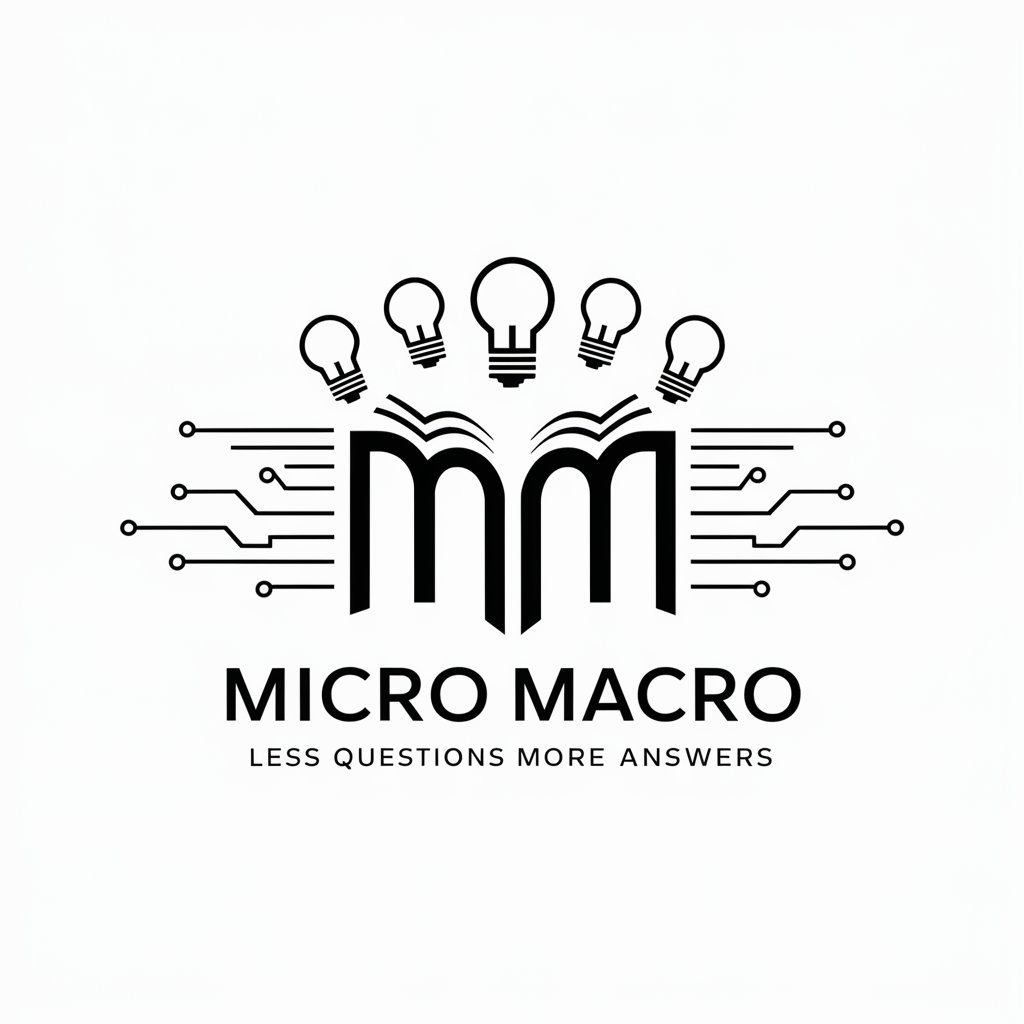
Idea Challenger
Challenge Ideas, Ignite Creativity
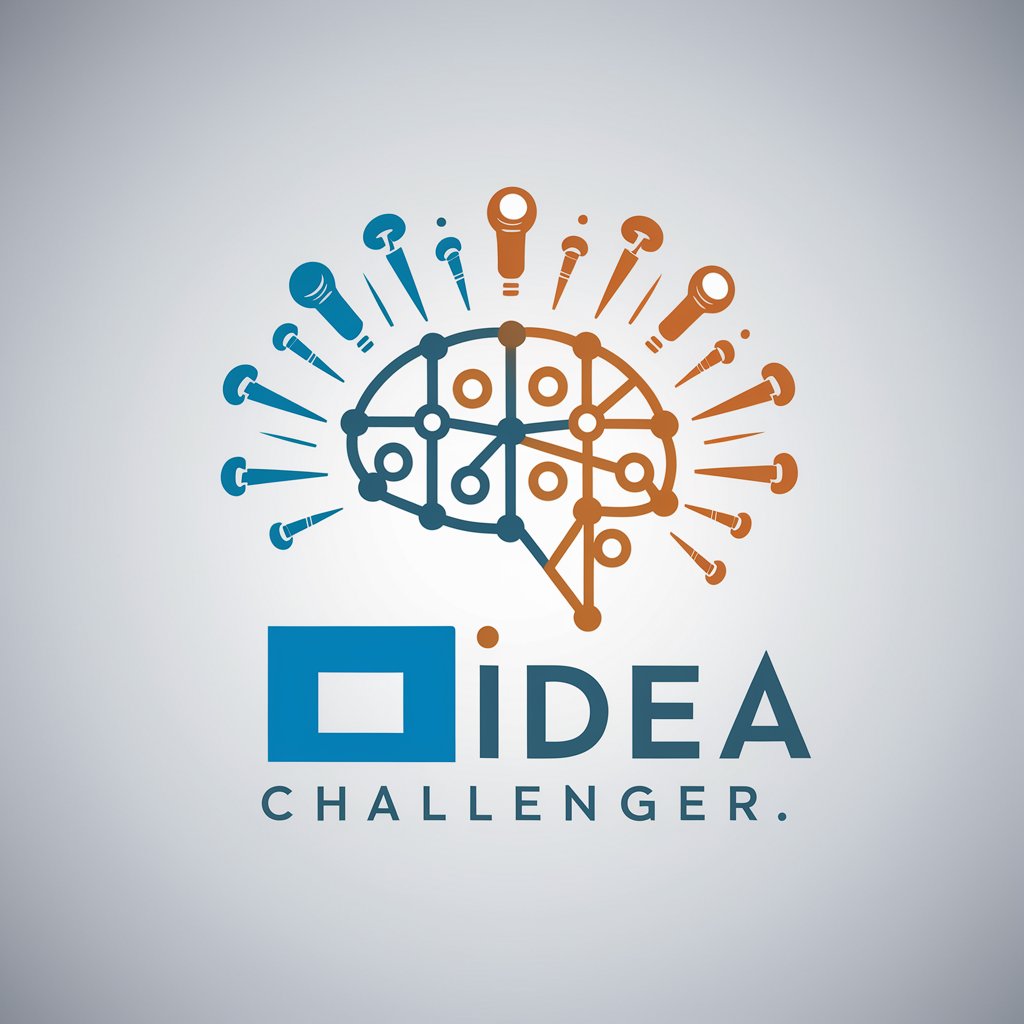
content
Empower Your Words with AI
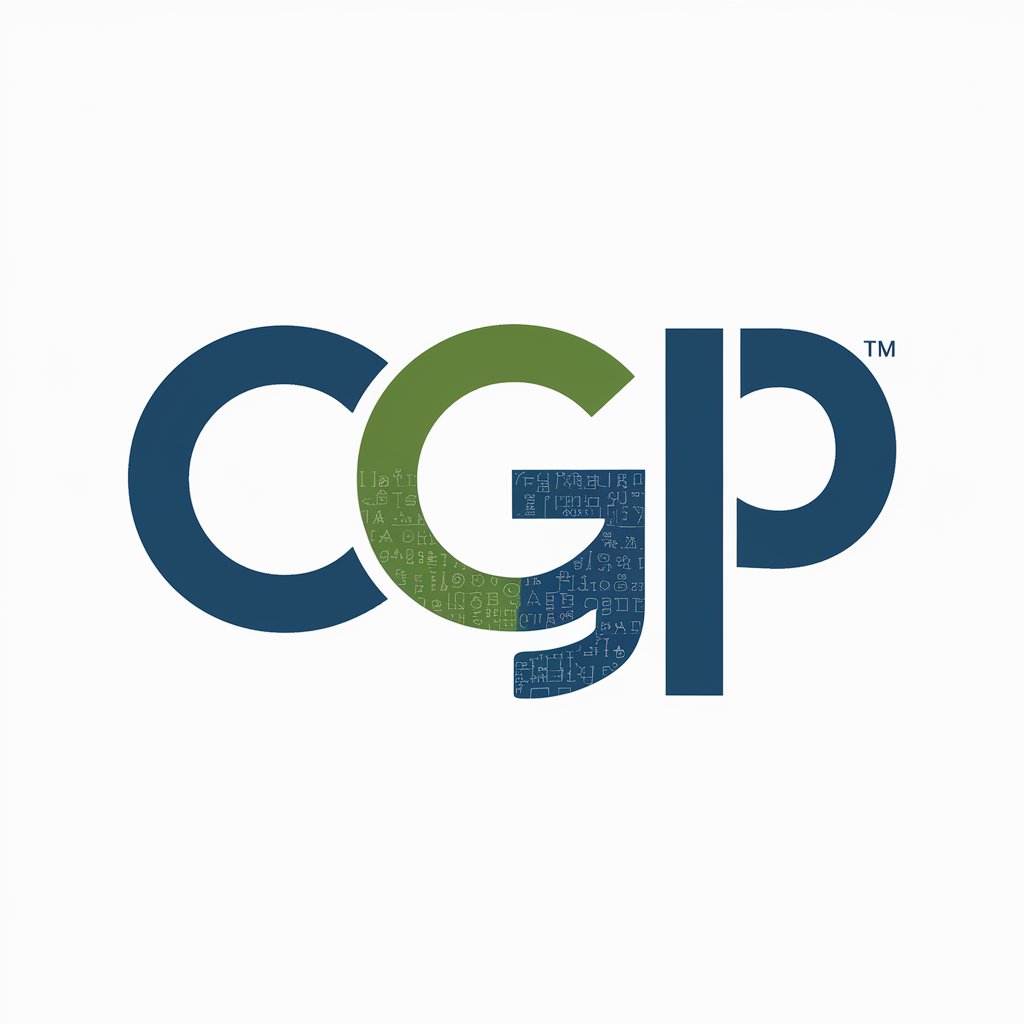
Content Guide - Risun
Elevate Your SEO Game with AI
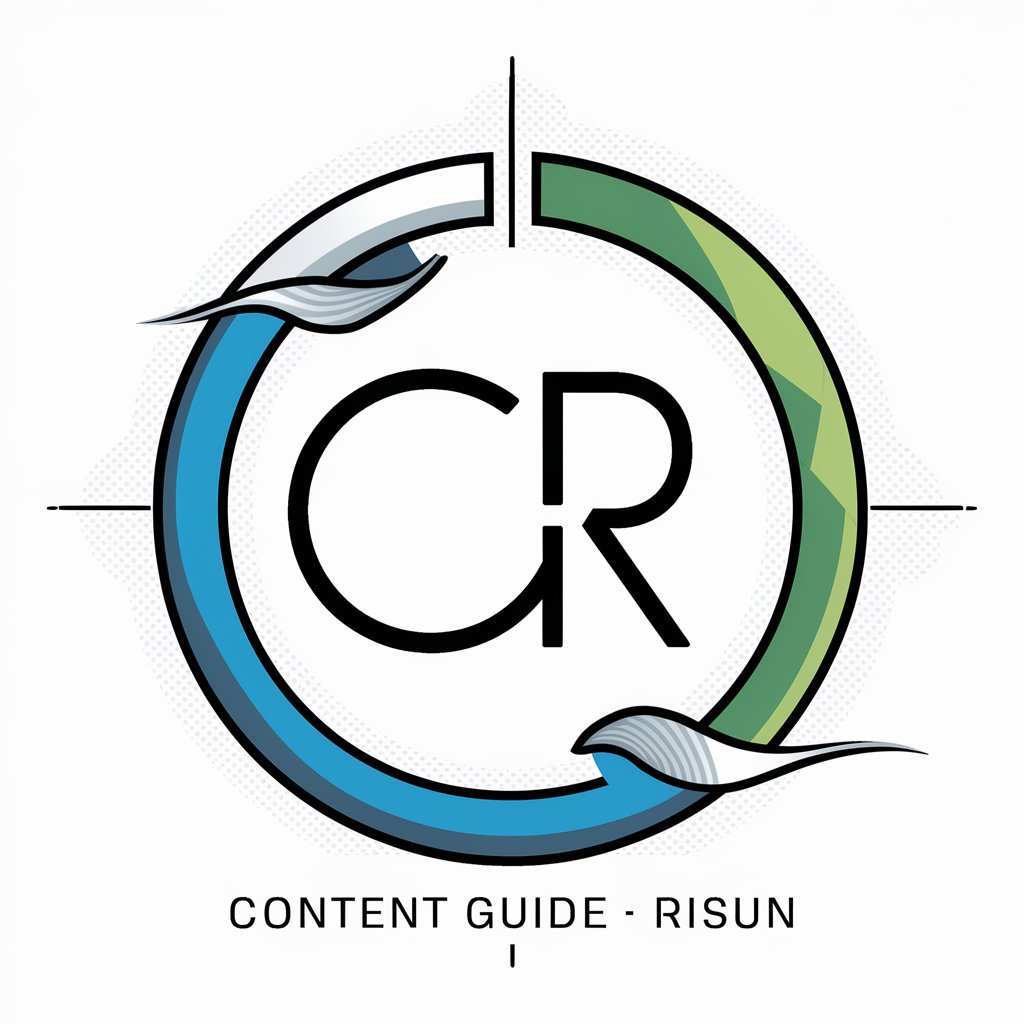
Viajero GPT
Empowering Entrepreneurs with AI Creativity

Based Universe meaning?
Elevate Your Inquiry with AI Power
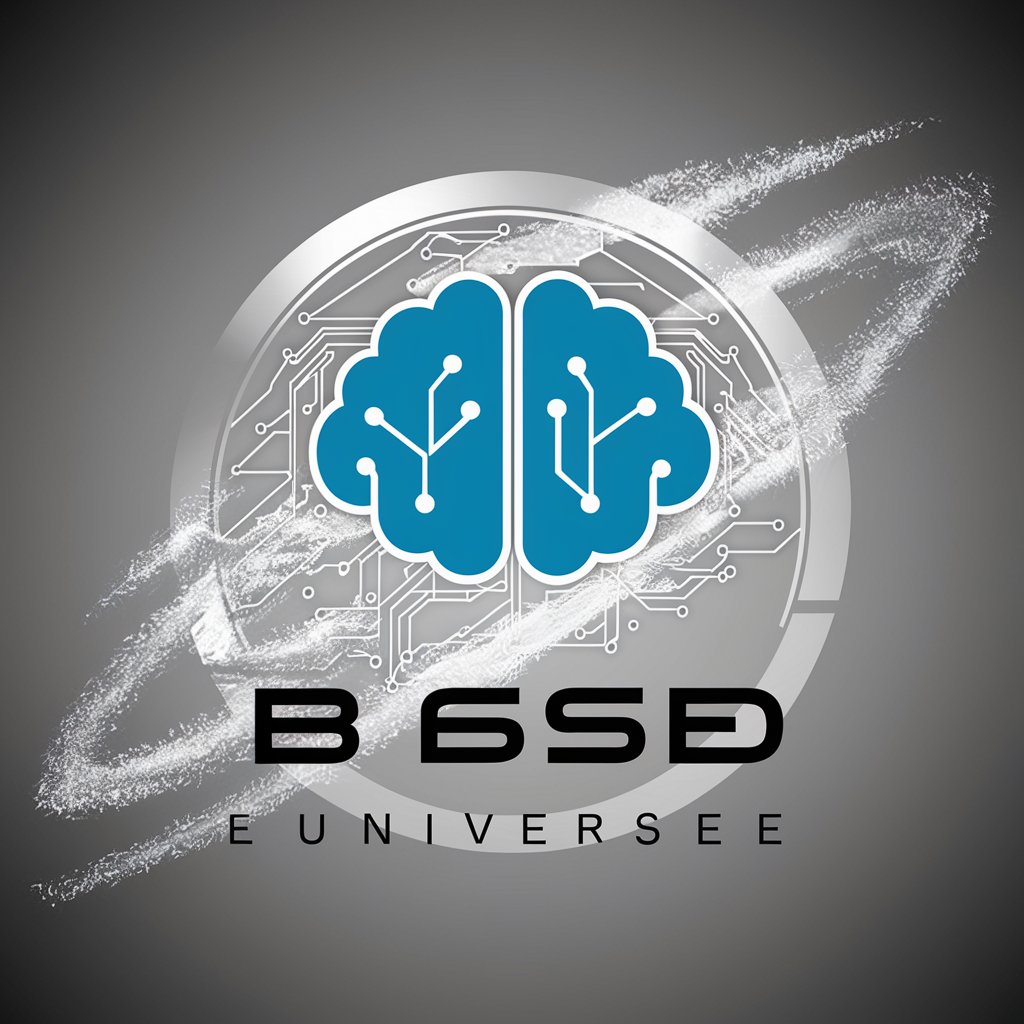
Croissant Mood Chef
Bake Your Mood into Every Bite

Creative Competitor
Unleash creativity with AI-powered contest finding

거절의 달인
Master the art of saying no, AI-powered.

Kudos Creator
Empower appreciation with AI-crafted messages
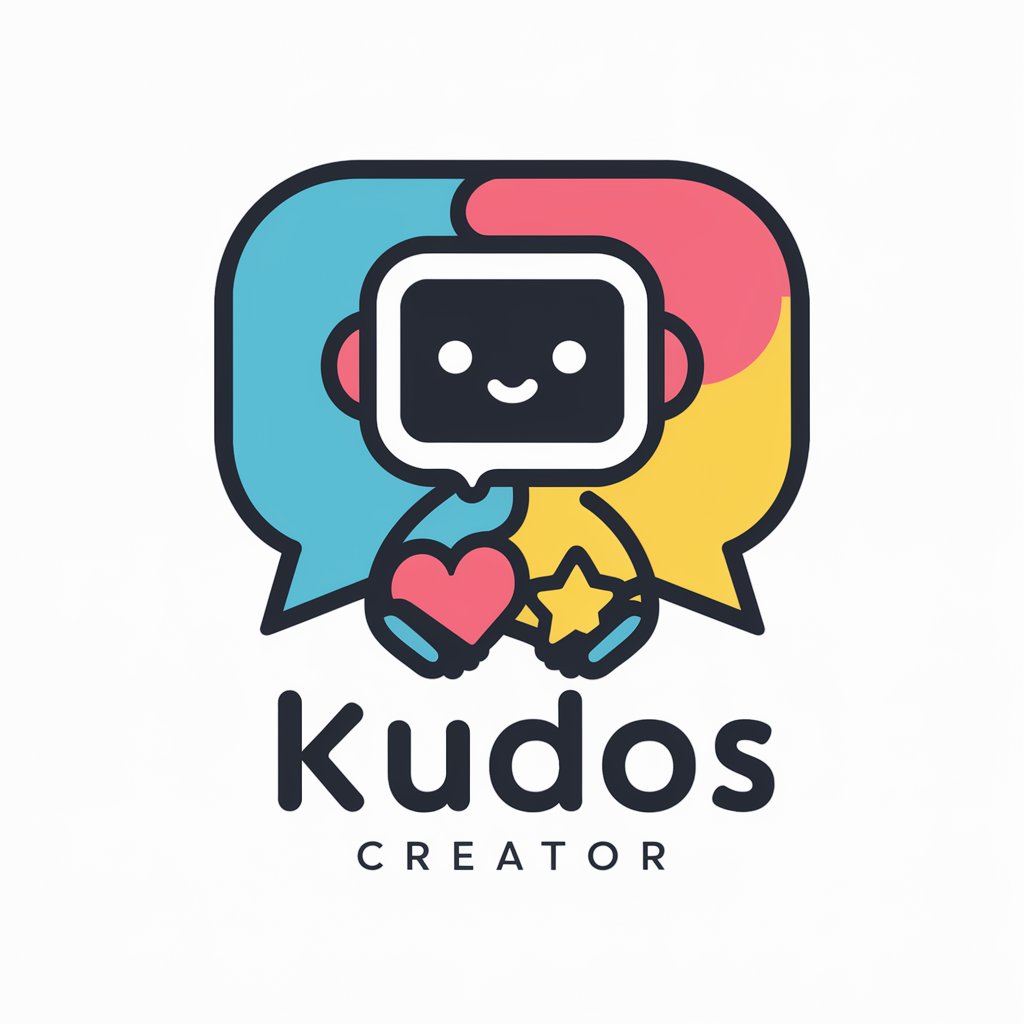
Cash Flow Management
Empowering financial decisions with AI
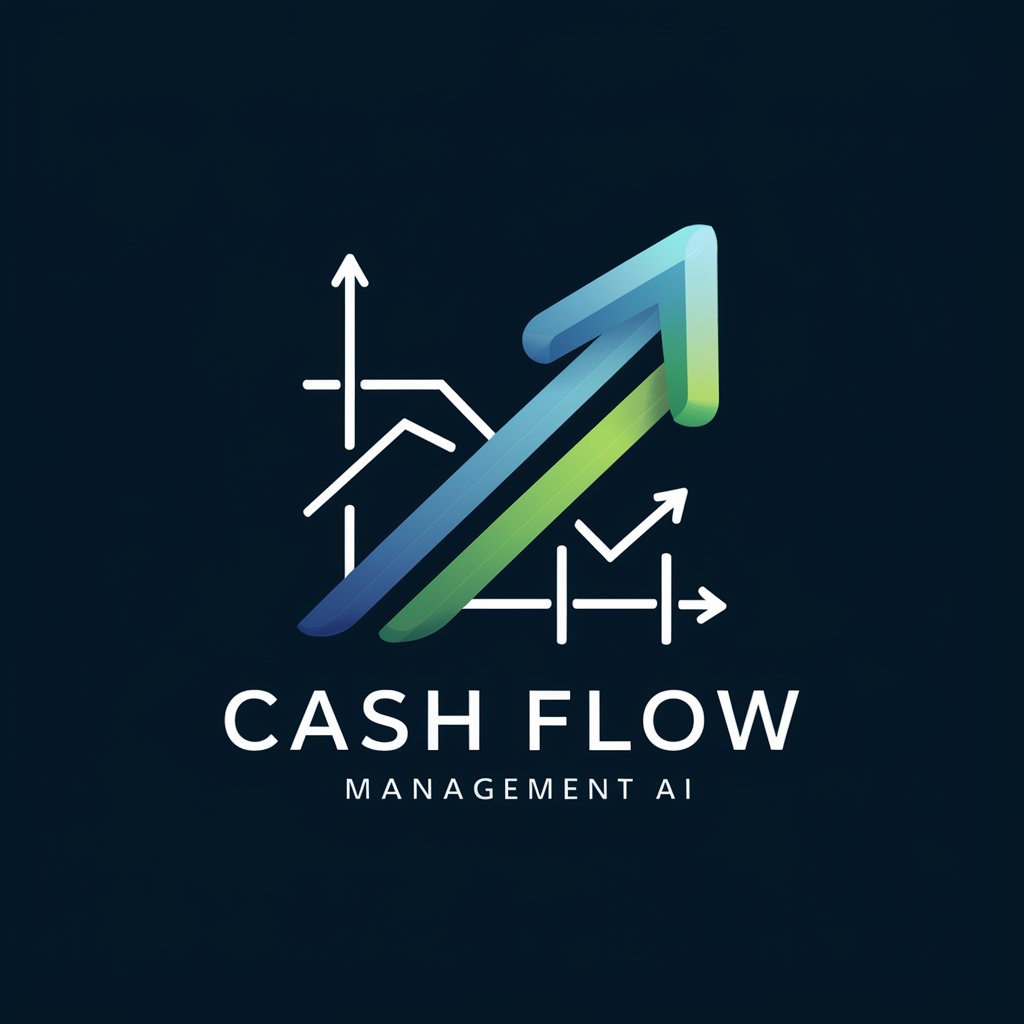
Q&A on Non-Hodgkin Lymphoma GPT
What types of non-Hodgkin lymphoma can this tool provide information on?
This tool offers detailed information on various types of non-Hodgkin lymphoma, including but not limited to B-cell lymphomas, T-cell lymphomas, and rare subtypes, covering symptoms, treatment options, and prognosis.
How can this tool assist in academic research on non-Hodgkin lymphoma?
It can provide up-to-date, peer-reviewed information on non-Hodgkin lymphoma, including statistics, recent studies, treatment advancements, and historical data, aiding in literature reviews, hypothesis formation, and research direction.
Can this tool help understand treatment options for non-Hodgkin lymphoma?
Yes, it provides comprehensive overviews of treatment options such as chemotherapy, radiation therapy, immunotherapy, and stem cell transplantation, including mechanisms of action, side effects, and efficacy.
Is this tool useful for caregivers of non-Hodgkin lymphoma patients?
Absolutely, it offers valuable information on patient care, support resources, managing side effects of treatments, and tips for emotional and psychological support.
Can I use this tool to find patient support groups and resources?
Yes, it can guide you to reputable patient support groups, online forums, and resources for both patients and caregivers, enhancing the support system for those affected by non-Hodgkin lymphoma.
